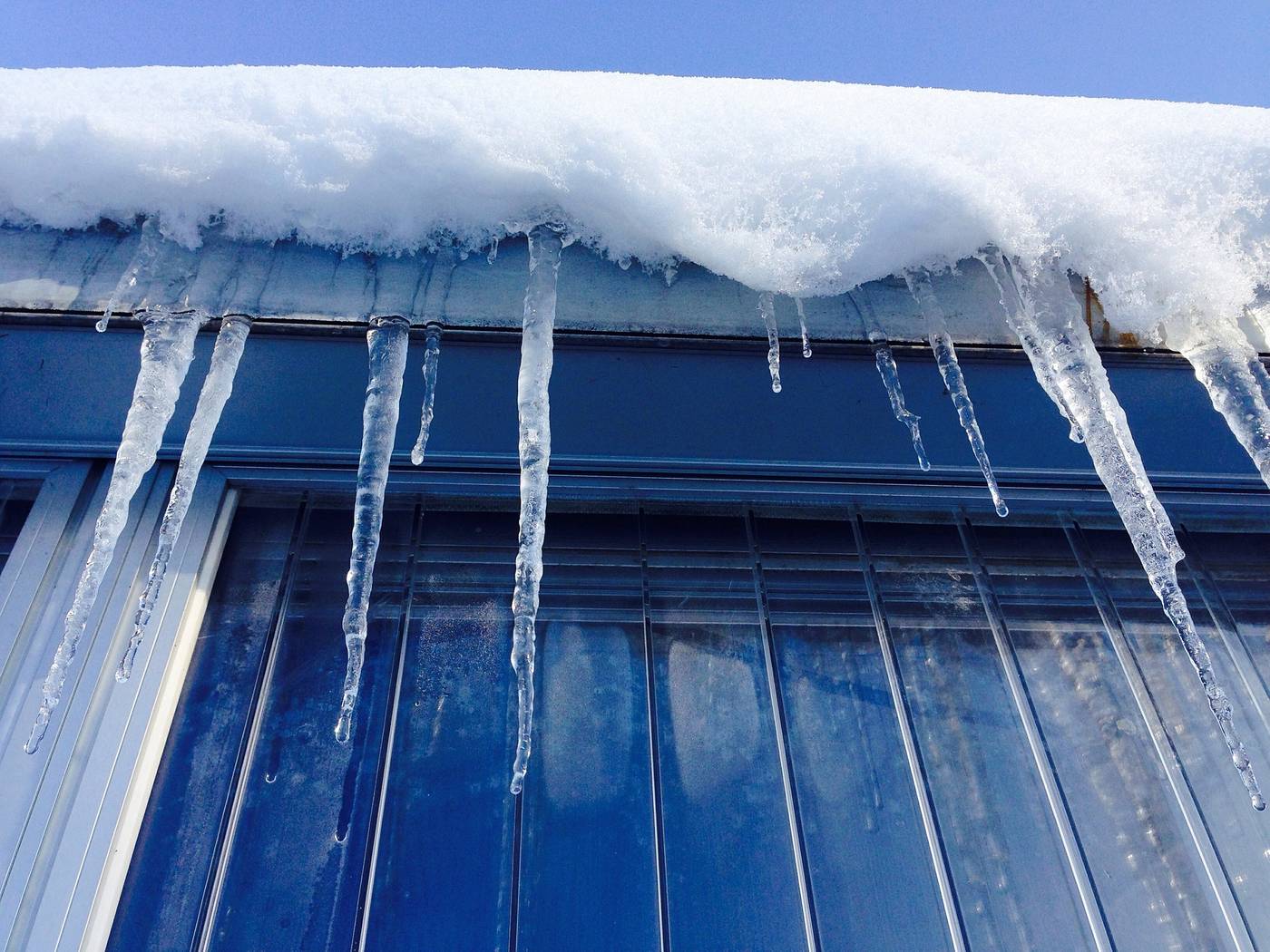The weather in Arkansas can be unpredictable. When it comes to winter, there is always some chance of experiencing 65-degree temperatures and snow in the same week. To be on the safe side, it’s a good idea to take advantage of the warmer temps to prepare your home for the possibility of winter weather. The following tips will help prepare your home for warmth and safety during the colder months.
Indoors
Seal any cracks and openings. Drafts through windows and doors can cause heat loss and increase your energy bills. Feel around doors and windows for air leaks (or use a candle) to determine if there are any openings where heat can escape and cold air can enter. Add caulk or weather-stripping around the openings. Use heavy-duty plastic or a window insulator kit to further seal windows. It’s also helpful to cover other openings to your home, like pet doors.
Reverse ceiling fan blades. In the warmer months, ceiling fans rotate counterclockwise. Use the sliding button (near the fan blades) to switch the blade rotation of your ceiling fan so that they rotate clockwise to push the warm air down from the ceiling.
Cover bare floors. Hardwood, tile, and laminate flooring can cause your house to lose heat, not to mention cause cold feet! If you don’t have carpet, consider adding rugs over areas with bare flooring to keep your floors and feet warm.
Inspect the chimney. Have your chimney inspected and cleaned by a professional before using it for the first time each season. This will lower the risk of fire as well as carbon monoxide poisoning. If your fireplace is purely decorative, seal it or use a chimney balloon to prevent heat from escaping your home.
Outdoors
Clean the gutters. Gutters full of fall leaves can cause damage to your home. Combine the weight of the leaves with rain, snow, or ice, and the risk of damage is increased even more. Prevent gutter and roof damage by clearing out leaves and debris ahead of the winter weather.
Insulate pipes. Frozen pipes can burst and cause major damage to your home or yard. Disconnect water hoses. Turn off outside water faucets and pipes and insulate them to prevent bursting and leaks. Don’t forget areas like the garage and basement. If your home has exposed pipes indoors, also ensure those are properly insulated.
Remove tree limbs. Weight from rain, snow, or ice can cause branches and limbs to fall from trees. If there are any low-hanging tree limbs near your home or power lines, cut them back to avoid potential damage.
Check the roof. Be sure there are no broken seals around the vents and chimney. Check for missing shingles that may result in leaks from heavy rain or melting snow. If you have any area with a flat roof, use a rake or leaf blower to remove leaves and debris.
It’s also a good idea to prepare a winter home survival kit to keep on hand in case of power loss or being stuck at home due to heavy snow and ice. This should include items like non-perishable foods and bottled water, blankets, flashlights, batteries, and a fully-charged phone charging bank.
We hope that these tips help to keep your home cozy and safe during winter. Routine home maintenance helps to protect your home and will also increase the value if and when you decide to sell. If you’re selling or buying a home, please contact the Attorney’s Title Group team for assistance with all of your real estate title and closing needs! Click here to contact us or give us a call: (501) 734-2233.

